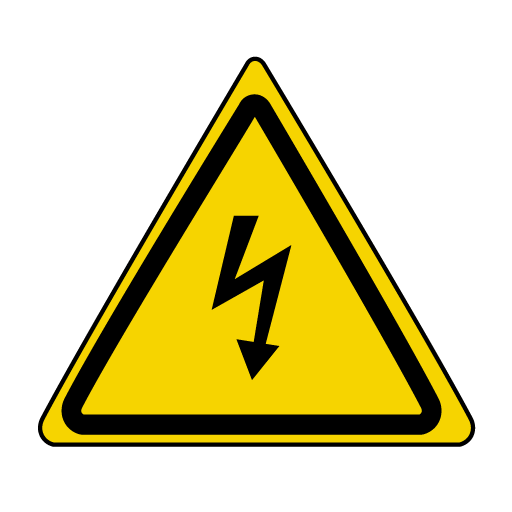General information about hybrid operation
Hybrid vehicles are driven just like any other vehicle, but certain functions differ from a vehicle powered exclusively by gasoline. The electric motors power the vehicle primarily at low speeds; the gasoline engine is used at higher speeds or during more active driving.
The instrument panel displays information specific to hybrid operation – charging information, selected drive mode, distance to discharged battery and charge level of the hybrid batteries.
Different drive modes can be selected while driving, e.g. electric power only or, if more power is needed, a combination of electric and gasoline power. The vehicle calculates a combination of driveability, driving experience, environmental impact and fuel economy for the selected drive mode.
In order to function optimally, the hybrid batteries (and their electrical drive systems) and the gasoline engine (and its drive systems) must be at the correct operating temperature. Battery capacity can be considerably reduced if the batteries are too cold or too hot. Preconditioning prepares the vehicle's drive systems and passenger compartment before driving to help reduce both wear and energy consumption. It also helps increase the hybrid batteries' range.
The hybrid batteries that power the electric motors are recharged using the charging cable. They can also be recharged during light braking and through engine braking in gear selector position B. The combustion engine can also help recharge the hybrid batteries.
Important
Warning
No electrical current
Keep in mind that if there is no electrical current to the vehicle, i.e. the ignition is switched off or the start battery is discharged, certain functions such as brakes, power steering, etc. will not work.
Warning
Towing not permitted
Never tow a hybrid vehicle behind another vehicle, as this could damage the electric motors.
Exterior motor noise
Warning
High-voltage electrical current

Warning
Do not touch anything that is not clearly described in the Manual.